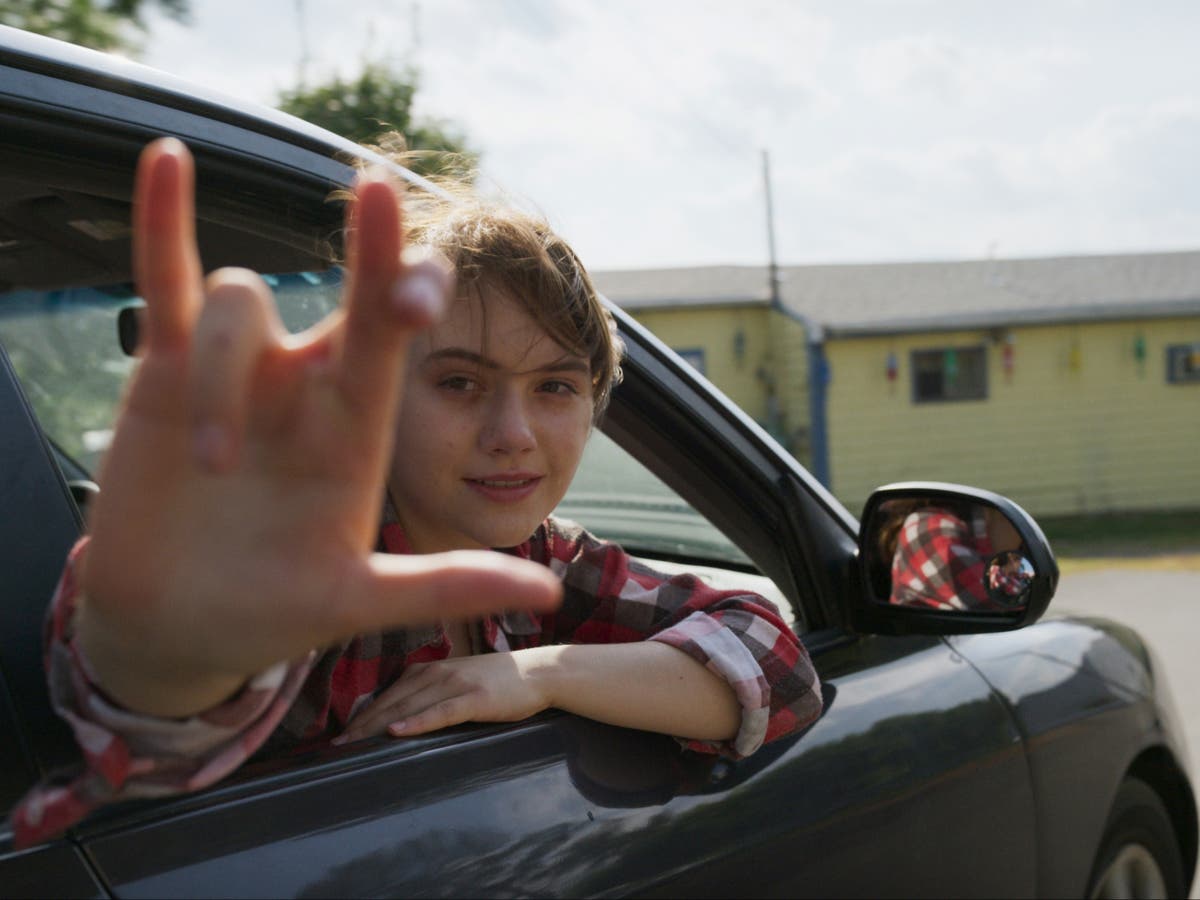People love to argue about the Oscars, even when they’re not sure exactly what they’re arguing about. And awards season this year hasn’t exactly handed them a tidy narrative to work from – the biopics, like The Eyes of Tammy Faye and Spencer, are a little too self-aware to play as strictly conventional. The A-list-packed satire Don’t Look Up, and the lushly traditional musical West Side Story, fell by the wayside early on in the race.
Kenneth Branagh’s Belfast is the most obvious Oscar bait of the pack, but it’s lost significant ground to The Power of the Dog, Jane Campion’s meticulously directed western. The latter is the current favourite to win, but the industry’s stubborn attitude towards its distributor Netflix (see: Green Book winning over Alfonso Cuarón’s Roma in 2019) continues to weaken its position.
It’s full-blooded chaos out there, which you’d think would add some much-needed excitement to the process. Instead, we’re still watching the internet grasp wildly for the heroes and villains of this story. And somehow, Siân Heder’s CODA has ended up the target of people’s ire, after its crucial wins at the Producers Guild and Screen Actors Guild confirmed it as a real contender for this weekend’s Academy Awards.
CODA, an honest and sincere drama about a hearing child in a deaf family, was something of an underdog when it first premiered at the Sundance Film Festival in 2021. The film received rapturous reviews and a healthy dollop of publicity, and walked away from Sundance with a record-breaking $25m acquisition deal with Apple TV+.
The Power of the Dog may still be in the lead at Sunday’s ceremony, with 12 Oscar nominations and a Bafta for Best Film in its back pocket, but CODA could conceivably pull off a Best Picture win despite only featuring in two other categories on the night. Stranger things have happened. And, if it does prevail, that can only be a good thing.
The backlash to CODA’s Best Picture buzz seems largely out of touch with the true, material impact of the Oscars. Ultimately, these awards don’t decide which individual films we remember in a decade’s, or two decades’, time. The Power of the Dog and Ryusuke Hamaguchi’s Drive My Car will continue to be talked about in the ways they were talked about before. But they do dictate the kinds of names, ideas, and faces Hollywood is willing to put its money behind.
It mattered when Parasite won, because it helped shake a little of the fear of subtitled films out of English-speaking audiences. It mattered that Chloé Zhao won for Nomadland, because it offered genuine hope that the barriers for women directors, and especially women of colour, were starting to break. And, if CODA wins, it’ll matter because of the opportunities it will create for other majority deaf casts.
Those who dismiss it do so largely because they see it as a shallow crowd-pleaser, but the label only fits if you’re faithfully tied to the assumption that any expression of sentimentality should be equated automatically with naivete. There’s nothing slight or simplistic about CODA.
The family at its centre – Frank (Troy Kotsur) and Jackie (Marlee Matlin) plus their kids Leo (Daniel Durant) and Ruby (Emilia Jones) – remain a stubborn, bubbling mess of conflicted desires and personal duties. Ruby wants to be a musician but, as the hearing child of deaf parents, positioned as their de facto interpreter, she worries that striking out on her own would sever one of their few concrete connections to hearing culture. Meanwhile, her father’s work in the fishing industry has come under threat of corporate interference, with 60 per cent of his catch now handed over to middlemen.

Access unlimited streaming of movies and TV shows with Amazon Prime Video Sign up now for a 30-day free trial
There’s nothing cutesy about the difficult choices these characters are forced to make between what they want and who they’ve dedicated themselves to. And Heder’s unfussy approach to the film allows her cast to craft a family dynamic that feels firmly grounded in experience, as they tease and argue, each gesture insulated by love. CODA allows its hearing audience only one moment of concession, as the sound cuts out midway through one of Ruby’s performances. Her parents, reading the micro-gestures and choked-back sobs of the other audience members, finally realise how gifted their daughter is.
If the Oscars want to reward something of that straightforward, emotional purity, what could possibly be the harm in that?






More Stories
How to watch Sinead O’Connor’s ‘Nothing Compares’ documentary this weekend
Barbie smashes The Dark Knight’s 15-year-old box office record
Seann William Scott says he was paid only ‘$8,000’ for American Pie